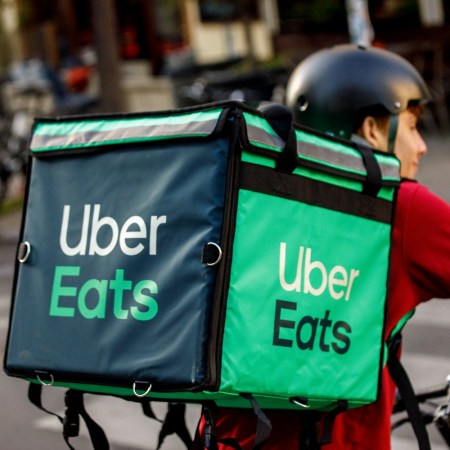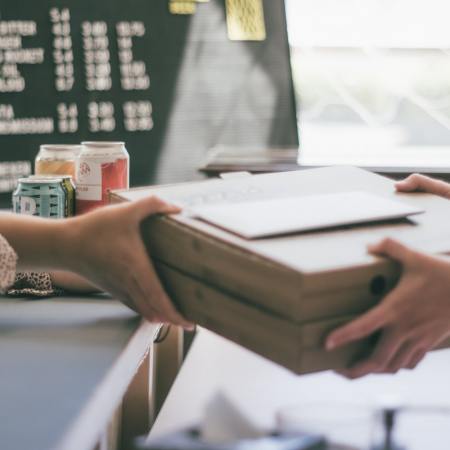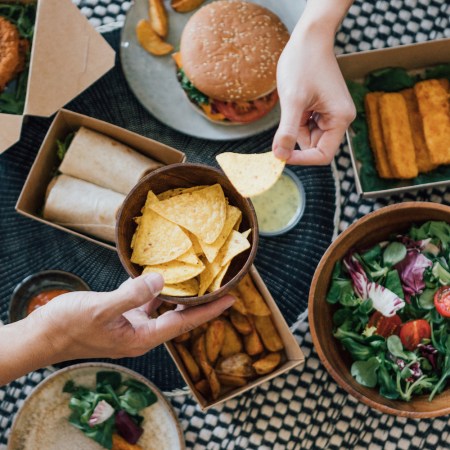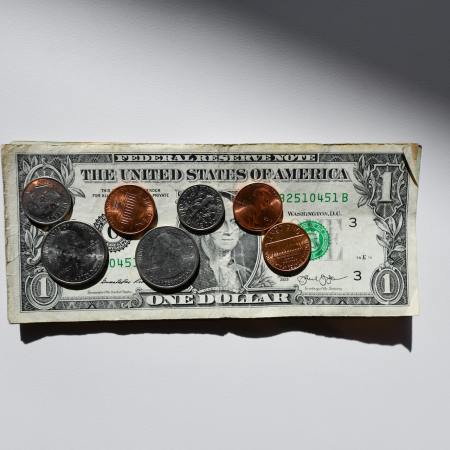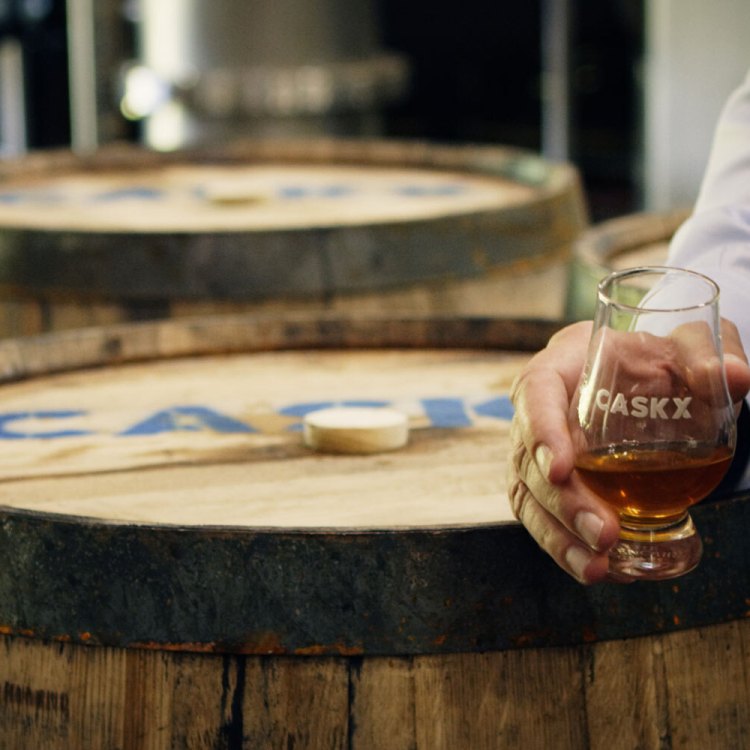It’s been a rough couple of years for food delivery drivers. The pandemic had — and continues to have — a number of hazards for anyone whose job involves taking a vehicle around a city dropping of food for its residents. But with gas prices on the rise, drivers who rely upon gasoline-powered vehicles to do their jobs are grappling with an unforeseen business expense that they can to little to reduce.
A new article at Engadget explores the ways that some food delivery apps are addressing the issues facing the drivers they rely on to get food where it needs to be. This varies from company to company; the article notes that Doordash is offering its drivers rebates when they buy gas, though the full mechanics of it are relatively complex. Instacart, meanwhile, has opted for a more direct route — adding a temporary surcharge to customers’ bills to offset the increase in gas prices.
Food delivery apps aren’t the only companies addressing this, either. Engadget notes that Uber and Lyft have also implemented surcharges similar to Instacart’s on a per-trip basis.
Amazon Flex drivers are in a more nebulous place with respect to gas prices, however. It’s led some Flex workers to protest and call for similar surcharges to be added to cover what is hopefully a temporary increase in fuel prices. An Amazon spokesperson told CNBC that they were “closely monitoring the situation” and that the company will “continue to make changes where we can to help support our partners.”
Thanks for reading InsideHook. Sign up for our daily newsletter and be in the know.

